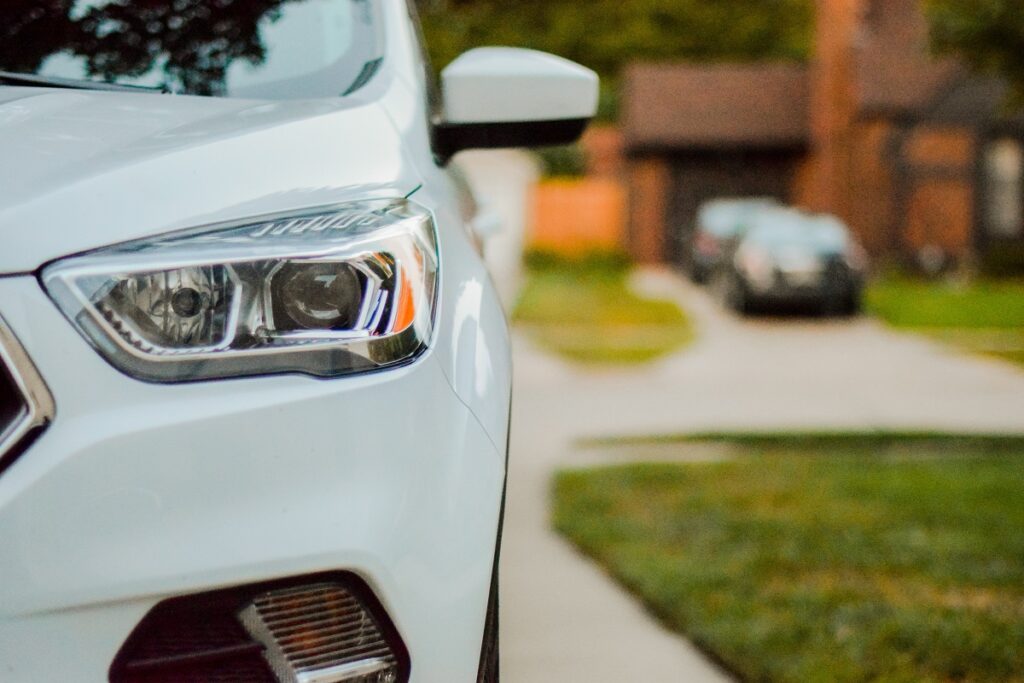Finding the right car insurance and not getting overcharged can be a difficult task for anyone living in the US. There are a lot of options to choose from, and even with cost comparison tools, it can be hard to decipher if you’re paying too much for what you’re actually getting.
Add being a disabled driver into the mix, and it can definitely be an overwhelming challenge to undertake. But we’re here to help! Below is a breakdown of everything you need to know about car insurance for disabled drivers.
What is disability driving insurance?
First off, it’s important to note that there isn’t really any such thing as a specific disability car insurance policy. This is because the Americans with Disabilities Act (ADA) mandates that insurance companies are prohibited from charging higher premiums to disabled drivers based on their disability alone. It’s possible to get additional coverage with added protections, but you can’t be charged more solely because of your disability.
Your disability can fall under a wide range of conditions, including things like:
- Loss of limbs or paralysis
- Cerebral palsy
- Neurological conditions
- Vision or hearing issues
- Heart conditions
- Loss of mobility (requiring an assistive device such as a wheelchair)
There are some conditions that require you to get permission from your doctor to drive; as long as your doctor thinks you’re safe behind the wheel and the DMV hasn’t required you to get a special license, this is typically enough proof for your insurance company that you’re not risky to insure. Having a disability doesn’t automatically render you more at risk for being in an accident, which is why there aren’t specific insurance policies for disabled drivers.

What is the cost of disability driving insurance?
You won’t be charged a higher premium just because of your disability, but there are a few other factors that could raise your rates. If your insurance company views your disability as a safety risk, they can charge you mor, especially if the DMV has issued a license with certain requirements (such as no driving at night). Likewise, if you have modified your vehicle to help with your disability, your vehicle is probably more expensive to insure, since it would be more costly for your insurance to repair or replace it in the event of an accident.
Please note: it’s crucial that you alert your insurance company in advance to your specific medical condition (which can be reflected on your driver’s license by the DMV), as well as any modifications you’ve made to your vehicle (such as wheelchair ramps or lifts, hand controls, pedal extensions, steering devices, etc.). If you do not let them know at the time you purchase your plan, you’re at risk of losing your coverage or even not receiving the money you’re owed in a payout after an accident. It’s always best to be completely upfront with your insurance company any time you’re purchasing coverage. Most companies do cover disability-adapted vehicles and can provide reasonable quotes for this type of coverage, but you’ll only be hurting yourself in the end if you don’t fully disclose this information to your insurer upfront.
What is the best disability driving insurance?
In order to make sure you’re getting the best coverage as a disabled driver, there are extra packages you can purchase from your insurance company. Usually, a standard, full-coverage policy would include:
- Liability reimbursements for injuries or damages to other drivers and their property
- Collision coverage (for vehicle damage)
- Personal injury protection (PIP), along with medical payments that covers bodily injury to you and any passengers in an accident
- Uninsured motorist coverage that reimburses you for injury or vehicle damage if you’re in an accident where the other driver is uninsured
As a disabled driver, you might also want to consider adding:
- Roadside assistance (such as AAA), which covers towing, roadside aid and pick-up, and other emergency services
- Modification or special equipment coverage if any damage is done to custom parts you have on your vehicle (such as wheelchair ramps) – some policies will also include coverage for expensive disability-related items you might have in your car like your wheelchair, motorized scooter, prosthesis, etc.
- Coverage for costs of temporary transportation while you wait for your modified vehicle to be repaired or replaced

How can you find cheap car insurance?
Because there aren’t specific disability driving insurance plans, you should shop around to make sure you’re getting the best deal for the type of coverage you need. Get quotes from multiple companies, remembering to include any additional coverage you might want to add on for a completely accurate estimate. Also, check if the company offers any discount options that could lower your premium. Some insurers provide discounts for senior drivers, low-mileage drivers, drivers with good records, etc.
Remember any time you’re researching a new company that you cannot be discriminated against solely for having a physical health condition. If you’re wondering how to apply for disability driving insurance without being discriminated against, read through the ADA to know your exact rights. Don’t be afraid to report any companies that you feel are breaking the law by refusing you coverage or by charging you a higher premium for no reason. Do your research ahead of time, and you should be able to find affordable coverage that meets your needs.
For more information on how to obtain a parking placard for your modified vehicle, contact Disabled Parking today.
Featured image by Sarah Brown on Unsplash
